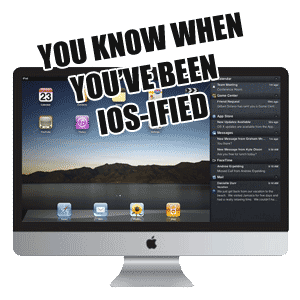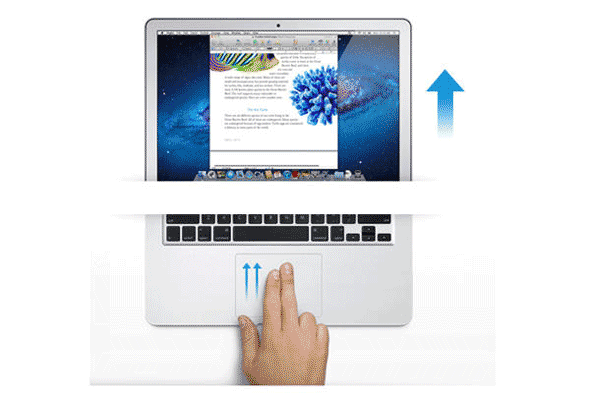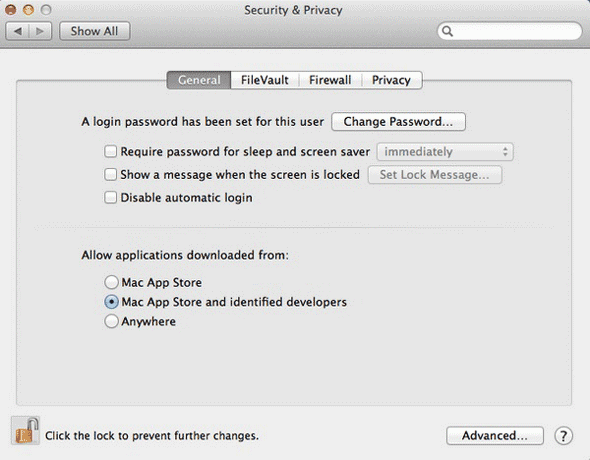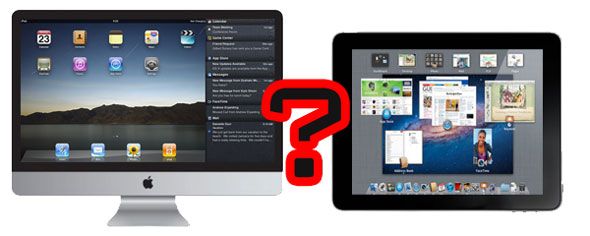Recent announcements about the next major upgrade of OSX, named Mountain Lion, have garnered mixed reactions from the community. Some are proclaiming the death of the Mac; some think it's the first step in dumbing down OSX; while some believe it's a natural evolution given the success of iOS devices. One thing is certain - the iOS-ification of OSX has been officially confirmed. Is that a good thing though?
In Short
For those of you who haven't read my preview on new features and apps making their way to Mountain Lion, here's a quick summary:
- iCal and Address renamed to match their iOS counterparts - Contacts and Calendar.
- Reminders and Notes coming to the desktop as separate apps.
- GameCenter for cross-platform gaming.
- Notification center.
- Twitter and sharing integration all over.
- GateKeeper anti-malware, which prevents installation of non-codesigned apps by default.
In the current iteration of OSX - Lion - we have already seen a few initial iOS-like features coming to the desktop, like:
- Mac App Store.
- Natural / Reversed Scrolling.
- Launchpad - a homescreen-like way to launch apps.
Inspired By iPad
Let's remember there was a huge fuss over the new fangled scroll method ("it's backwards!") when Lion came out, but it's safe to say now that the majority of Mac users appreciate it. As an iPad owner, it does feel more natural - especially when using a multitouch gesture touchpad as I do now. Windows users who need to swap between two systems can still disable it if they want.
Bringing a selection of new, free apps to the desktop - GameCenter, Messages, Reminders, etc - isn't really something we should complain about. They're certainly not being forced on anyone, but merely adding value to the system you buy. Great for consumers and a unified experience.
But on the downside, the apps replace a lot of functionality previously added by third party developers - countless to-do lists, Growl notifications, the Steam gaming platform - are all likely to have their profits cut into by the inclusion of these core apps by Apple.
GateKeeper - Consumer Protection, Or Evil Overlord Oppression?
Moving beyond cosmetic changes, perhaps the most contentious news was the introduction of a new system process designed to prevent malware installs. When the Mac App Store was first announced, doomsayers foretold of the future when only apps purchased through the App Store would be allowed, and it seems they were at least half right. The default settings in Mountain Lion allow only code-signed apps to be installed - that means those made by a registered developer (on the $99/year Mac developer program, identity checked) with authenticated security signed code. More money for Apple, but perhaps a necessary evil?
From the view of the majority of developers, GateKeeper is definitely a good thing. Not only does it mean pirated or modified apps will be more difficult to install (because any adjustment of the code will invalidate the signing), but it still gives them the freedom to sell their apps directly to the consumer. The move is likely to anger a small contingency of open source developers, such as those who traditionally port their freeware apps from Linux, but overall I think the move will be welcomed by the developer community.
The same is true from a consumer perspective - I believe the new protections will be welcomed by the majority of users. It offers a good level of protection from rogue apps - the only kind of malware OSX has ever really seen. At the same time, power users are completely free to disable the GateKeeper protection and install whatever they like.
I'm curious about the inclusion of a third App Store only option though - I can't see any real benefits there for the consumer over and above App Store and Registered Developers, so perhaps it's just a way of warming us to the inevitable when that's the only option a few years down the line. Logic dictates this would alienate a large proportion of Mac owners if were to be the only option, but we know Apple isn't adverse to that if it makes sound business sense.
Merging iOS & OSX?
One of the more frightening rumours right now is that iOS and OSX are set to completely merge, with the intention of moving desktop CPUs over to Apple's own ARM-based processor offerings rather than Intel. Since Apple already did a similar move once in the past, when moving from PowerPC to Intel-based CPUs, it is conceivable they could pull it off again. Would they? Doubtful.
I think - I hope - that Apple is aware that tablets and computers serve very different functions. For the most part, tablets are consumptive devices that we play games on or do a little light browsing from the sofa; watch movies in our most intimate environments (bed, sofa, and toilet?). Computers are productive devices - used for work, creativity, and producing content. While there may be cross-over here and there, and users for whom a tablet will more than satisfy their every computing need - generally speaking the two are separate entities - and will remain so for both logical and business sense.
Compare and contrast with Microsoft, who have long believed that the tablet should be a full set of desktop functionality. The Tablet PCs of 10 years ago were a complete failure - and the next tactic with Windows 8 appears to be designing from the ground up a tablet OS for desktops too. Today isn't about Windows 8 though, I digress.
So if you were to ask me, do I think OSX and iOS are merging, I would emphatically say no. Do I think there are more elements yet to come from iOS that will be pushed to the desktop? Sure, undoubtedly - it makes sense to borrow innovations if they might work on the desktop too.
What do you think of the iOS-ification of OSX? Is it a good thing, or have Apple really just lost the plot now? Let us know in the comments!




